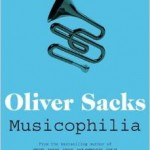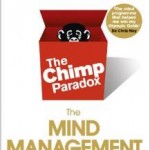By Jenna Condie
In the final year of our undergraduate programmes (BSc Hons Psychology, BSc Hons Psychology and Counselling, BSc Hons Psychology and Criminology), one of the option modules that students can chose to take is Educational Psychology. Educational Psychology can be “…loosely defined here as the application of psychological theories, research and techniques to the educational development of young people in the context of the home, school and community” Holliman (2013, p. xxii). More broadly, educational psychology also considers how people can learn better, how teaching and learning practice can be improved, whether different people should be taught differently, and how learning can transform the person and impact upon their lives.
For the assessment, students taking this module propose a seminar for teachers, selecting a topic from the field of educational psychology that they consider is both current and of practical use in the training of teachers. The emphasis is on the application of theory to teaching practice. Last year, BSc (Hons) Psychology and Counselling student (now graduate!), Jessica Tomes created a seminar for teachers that focused on mental health stigma and how teachers can educate students to reduce the stigma associated with mental health issues in the school environment. You can read her work below.
Jessica also presented her work as a poster ‘Reducing Mental Health Stigma Through Educational Seminars’ at the Children and Young People’s Mental Health Conference which took place at The University of Northampton (3-5 July, 2013).
It is fantastic to see how an assignment can be taken further to embrace opportunities such as presenting at conferences and sharing your ideas and work beyond the module.
For more information about the Educational Psychology module, please contact Jenna Condie, j.m.condie@salford.ac.uk , Twitter: @jennacondie



 ophilia’
ophilia’